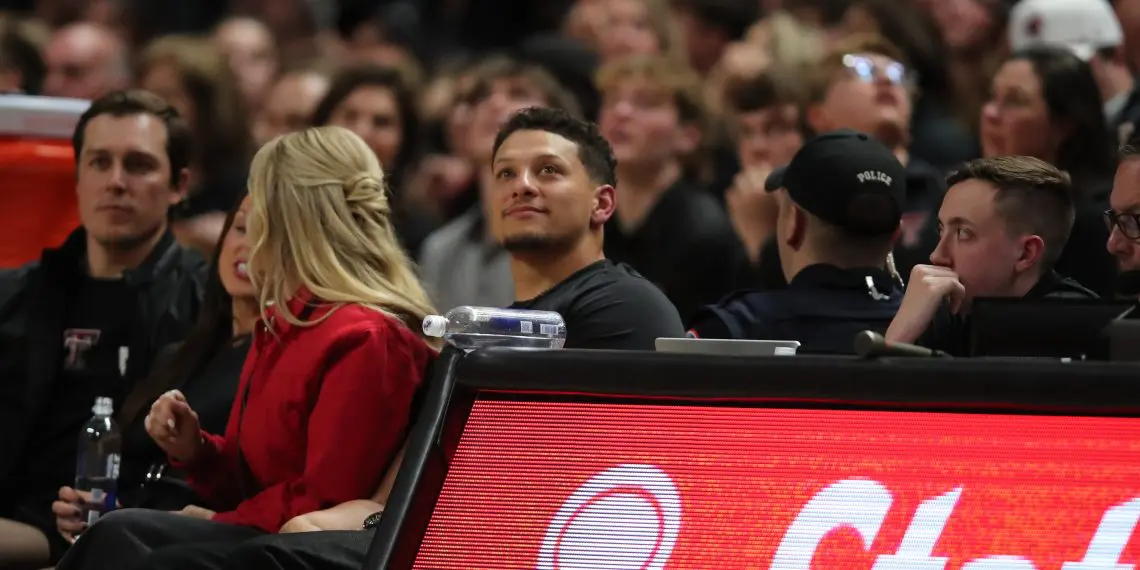In the center of America, a intense conflict is taking place, one that goes beyond the typical rivalries of sports or politics. The Kansas City Chiefs, a symbol of achievement in professional sports since 2019, are caught in an emotional conflict between Missouri and Kansas. This rivalry transcends being merely about a team; it concerns identity, community pride, and the future of a franchise that has become deeply rooted in the hearts of its fans.
The Ancestral Competition
The competition between Kansas and Missouri is strongly embedded in history, originating from the Civil War period, when both states were on different sides of a conflict that influenced the nation. This historical context lays the foundation for the ongoing conflict surrounding the Kansas City Chiefs, a team that signifies far more than mere football to the area’s communities. Arrowhead Stadium, home to the Chiefs, has stood as a Missouri icon since 1972, representing years of memories, triumphs, and collective moments.
A Franchise at a Turning Point
The Kansas City Chiefs find themselves at a crucial point, charting their path in the league’s third-oldest venue amid increasing doubt. The necessity for improvement is clear to anyone who has entered the old visiting locker-room areas at Arrowhead Stadium. Although they have achieved remarkable success on the field and made substantial contributions to the community, the Chiefs lack the steadfast support they warrant, embroiled in a political and emotional conflict between two states.
Missouri’s Initiatives to Keep Its Champions
Missouri Governor Mike Kehoe has entered the discussion, acknowledging the significance of retaining the Chiefs in Missouri. In a resolute move, he revealed intentions to summon legislators for a special session focused on evaluating benefits to keep both the Chiefs and the Kansas City Royals. This effort follows the inability to approve a major funding strategy for the refurbishment or substitution of the teams’ venues in the yearly legislative session. Regardless of the setback, Kehoe’s dedication to ensuring a future for the Chiefs in Missouri highlights the team’s economic and cultural importance to the state.
The Legislative Obstacle
The journey to ensuring the Chiefs’ future in Missouri is filled with obstacles. The Missouri House of Representatives suggested a plan that included bonds and tax credits to finance new stadiums, but the state Senate refrained from discussing it because their session came to an abrupt end. This legislative standstill underscores the difficulties of maneuvering through political systems to accomplish a goal that goes beyond politics—the safeguarding of a community’s pride and joy.
Kansas Joins the Battle
As Missouri faces challenges in finalizing a deal for the Chiefs, Kansas has expressed its ambitions, taking advantage of the situation to lure the team across the border. As the stadium leases come to an end in 2031, the future of the Chiefs’ facility is uncertain, intensifying the need for the current negotiations and talks.
As Missouri faces challenges in finalizing a deal for the Chiefs, Kansas has expressed its ambitions, taking advantage of the situation to lure the team across the border. As the stadium leases come to an end in 2031, the future of the Chiefs’ facility is uncertain, intensifying the need for the current negotiations and talks.
The Core of the Conflict
Fundamentally, the struggle to retain the Kansas City Chiefs in Missouri encompasses more than merely a sports franchise. It symbolizes the strong bonds that communities establish with their teams, the feelings of identity and pride associated with collective wins and losses, and the acknowledgment of the economic and cultural impact that professional sports teams provide to their cities.
As this narrative progresses, the wider ramifications for the future of professional sports, community identity, and the connections that link teams to their supporters become more apparent. The result of this tug-of-war will decide not just the Chiefs’ home location but also how teams and communities manage the intricate relationship between sports, politics, and identity in the future.
